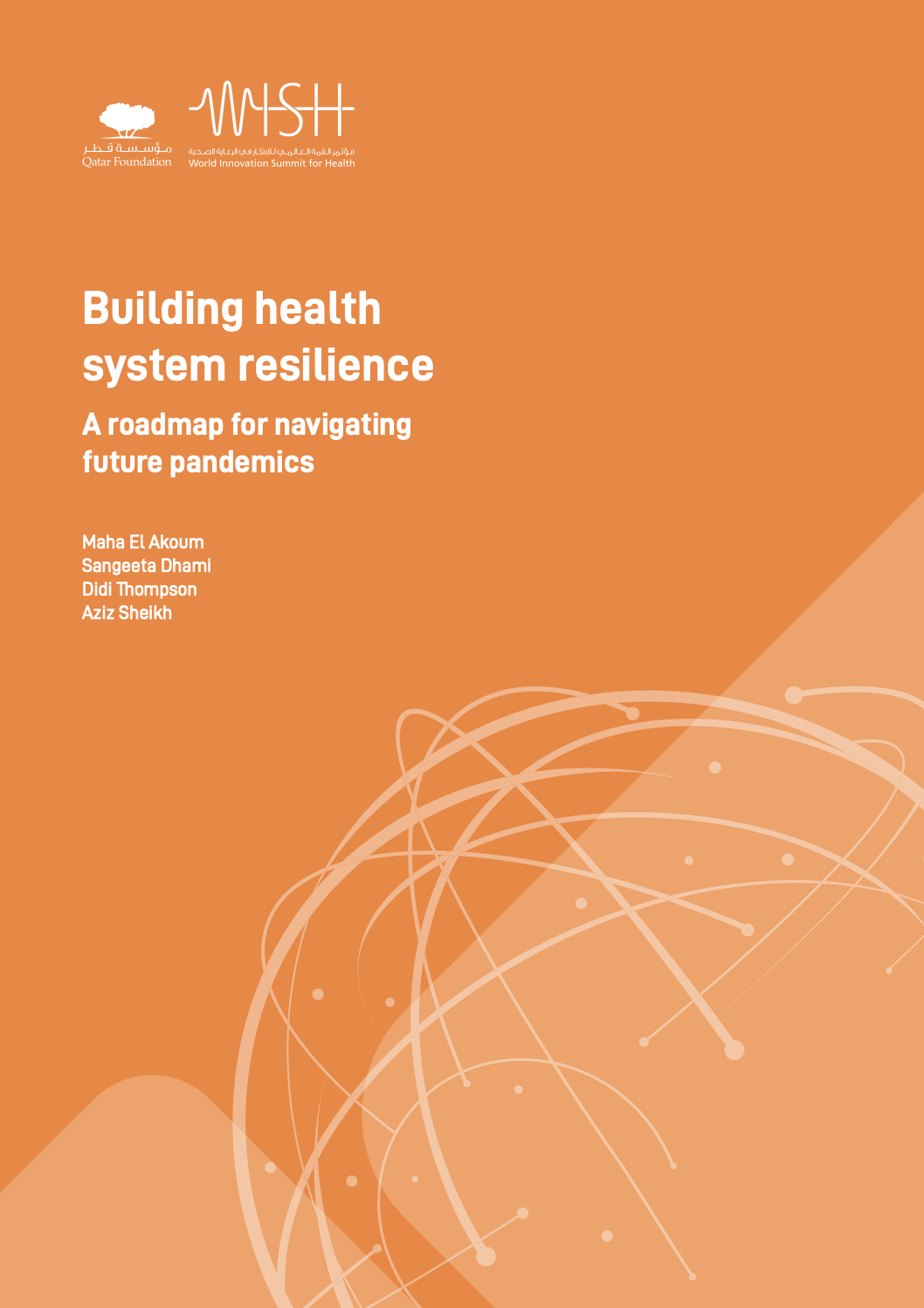Executive Summary
The pandemic has revealed the underlying vulnerabilities across health systems globally, with routine care disrupted on an unprecedented scale, and healthcare facilities overwhelmed by COVID-19 patients.
This crisis has provided a unique opportunity to reflect on how well our health systems function in the face of emergency shocks, and to what extent they are resilient. To be considered ‘resilient’, health systems are expected to be able to protect and serve their populations, even when faced with disruptive events, including pandemics.
Through the lens of an adapted version of the WHO Health Systems Framework (also known as ‘the six building blocks’), this report aims to identify gaps in health system functioning and resilience – as exposed during the pandemic – to provide key policy insights into how health system functioning can be enhanced.
Based on these insights, we propose that governments, policymakers and health system leaders consider the following policy recommendations to build future health system resilience in the short term (next 12 months), medium term (12–24 months) and longer term (24–36 months):
- Short-term actions: Develop an evidence-based, multi-sectoral pandemic preparedness plan with clear objectives, responsibilities and reporting lines.
- Medium-term actions: Address health system weaknesses identified throughout the pandemic by adapting care models, improving information systems and strengthening the health workforce.
- Longer-term actions: Implement country-level structural and regulatory changes to improve resilience and work with international organizations to ensure global co-ordination for future pandemics.

